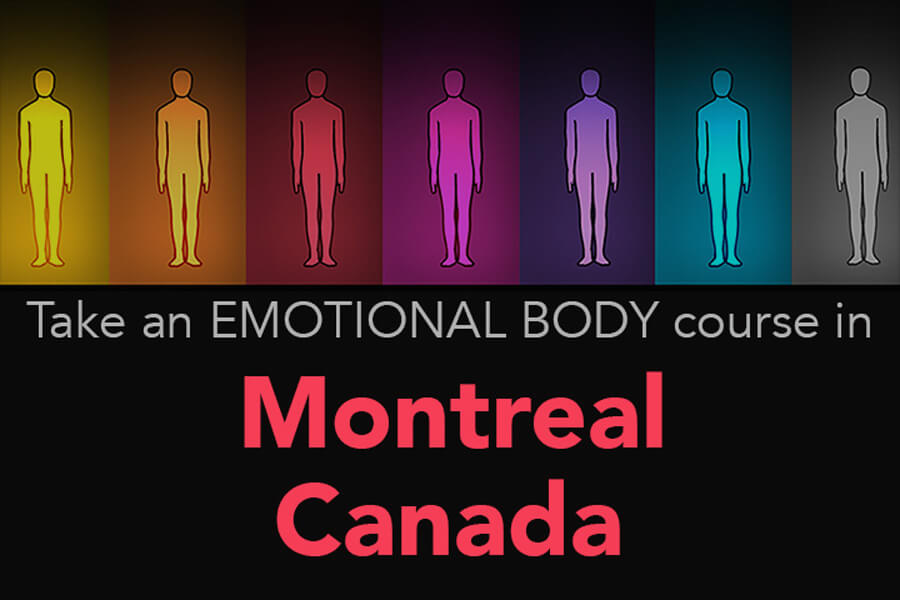Emotional Body® Courses
NEW COURSES: Feldenkrais, Emotional Body & Play
WINTER: March 11-13, 18-20, & 25-27, 2025
SPRING: April 12-26, May 10-24, & June 7-21, 2025
Visit this site to learn more about this course.
INTENSIVES :
March 3-7, 2025, 9:30AM - 5PM
June 25-29, 2025, 9:30AM - 5PM
ON FRIDAYS (10 WEEKS) :
WINTER 2025: from January 17 to March 28 (except March 7)
SPRING 2025: from April 18 to June 20, from 1:30 p.m. to 4:30 p.m.
LOCATION: AUTOPOÏÉSIS, école d’art Feldenkrais
107-1012, avenue du Mont-Royal est
Montreal, Quebec, Canada
Cost: $600 (CAD) or $530 (CAD) if registered 2 months in advance
Course taught in French language. English can be used if necessary, as a second language.
For More Info & to Register go to https://ecoleautopoiesis.com/project/feldenkrais-corps-emotionnel/
Instructor: Odette Guimond
This 30-hour course applies both the Feldenkrais® method and the Emotional Effector Patterns to help you recognize, identify and explore different ways breathing and movement are associated with the characteristic functions and attitudes of emotions, without evoking any personal content. The course is open to anyone interested in learning more about their emotional bodies, and might be of particular interest to performers, psychologists, educators, public presenters, and people in the business fields.
Daily Workshop Themes Explored:
Neutrality and Mobility
It is often thought that neutrality and mobility are the opposite of each other. Yet, both in the Feldenkrais® method and in the Emotional Effector Patterns, neutrality and mobility are the reverse facets of the same reality, and reveal facets of our expressive potential.
Anger to Tenderness
It is possible to go from anger to tenderness by transforming breathing, muscular tone, and orientation in space. Explore two ways to breathe through your nose, focus your attention, and take care of those who are dear to you.
Fear to Love
By transforming mouth-breathing practices, one can move between fear and love, by modulating muscular tone and spatial relationships.
Sadness to Joy
Moving from laughter to tears, and tears to laughter, is a common experience when you live under pressure. Breathing in through the nose and exhaling through the mouth to relieve tension can help to return to neutral.
Masks, Melodies and Intensities
Facial expressions can be as fixed as masks and reflect the image one wants to give of oneself to the outside world, yet they often rigidly betray a person’s respiratory, muscular and relational habits.
Certified Instructor: Odette Guimond (Lead Instructor/Trainer, CL4 Alba & certified Feldenkrais® practitioner)

